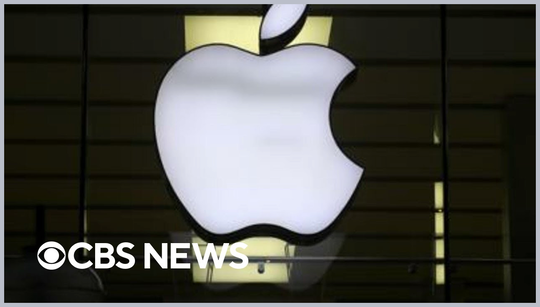Apple threatens to remove iMessage and FaceTime from the UK
The UK may lose iMessage and FaceTime if proposed changes to security laws go ahead. That’s because Apple says it will pull the popular messaging services from Britain if the government enacts a new rule that would require companies to provide access to encrypted messages.
The tech giant strongly objects to a new law that would essentially force it to create a backdoor that could potentially be exploited by hackers. The move would be a significant blow for Apple users in the UK, where iMessage and FaceTime are among the most popular apps used for communication.
Apple says it will not comply with the new rule and is threatening to remove iMessage and FaceTime from the UK if it is enacted. The proposed law is part of the UK government’s efforts to combat terrorism and other illegal activities.
However, critics say the rule would undermine the security and privacy of millions of users who rely on messaging services for secure communication. Apple’s threat to remove iMessage and FaceTime highlights the ongoing debate between law enforcement and tech companies over encryption.
While authorities say access to encrypted messages is necessary for investigations, tech companies stress the importance of protecting user privacy. Apple’s stance on encryption has been consistent, with the company refusing to create backdoors for law enforcement in the past.
The potential removal of iMessage and FaceTime from the UK would not be the first time Apple has taken such a drastic step. In 2016, the company removed the popular music-making app GarageBand from the App Store in Russia due to a new law requiring data to be stored on local servers.
The move was seen as a way for Apple to maintain its commitment to privacy and security. It remains to be seen whether Apple’s threat will have any impact on the proposed changes to UK security laws.
What is Apple threatening to remove from the UK?
Apple says it will remove iMessage and FaceTime from the UK if a proposed law that would require companies to provide access to encrypted messages passes. The tech giant objects to the new rule, saying it would be impossible to create a backdoor for law enforcement without putting user data at risk.
iMessage and FaceTime are both end-to-end encrypted, meaning that only the sender and recipient can read the messages. If Apple were to comply with the law, it would have to create a backdoor that could potentially be exploited by hackers.
This is a major concern for Apple, as the company has built its reputation on protecting user privacy and data security. It’s a stance the company has taken in the past, refusing to create backdoors for law enforcement in an attempt to maintain this commitment.
Will Apple remove iMessage and FaceTime from the UK?
Only time will tell how this situation will unfold. Apple has a history of standing up for user privacy, and many believe it won’t back down on this issue. However, it remains to be seen whether the company’s threat will have any impact on the proposed changes to UK security laws.
If iMessage and FaceTime were to be removed from the UK, it would not only affect individual users, but also businesses and organizations that rely on Apple’s ecosystem. The debate surrounding encryption and user privacy is likely to continue as governments around the world grapple with how to balance security and individual rights.
















